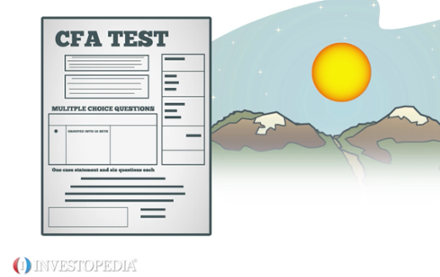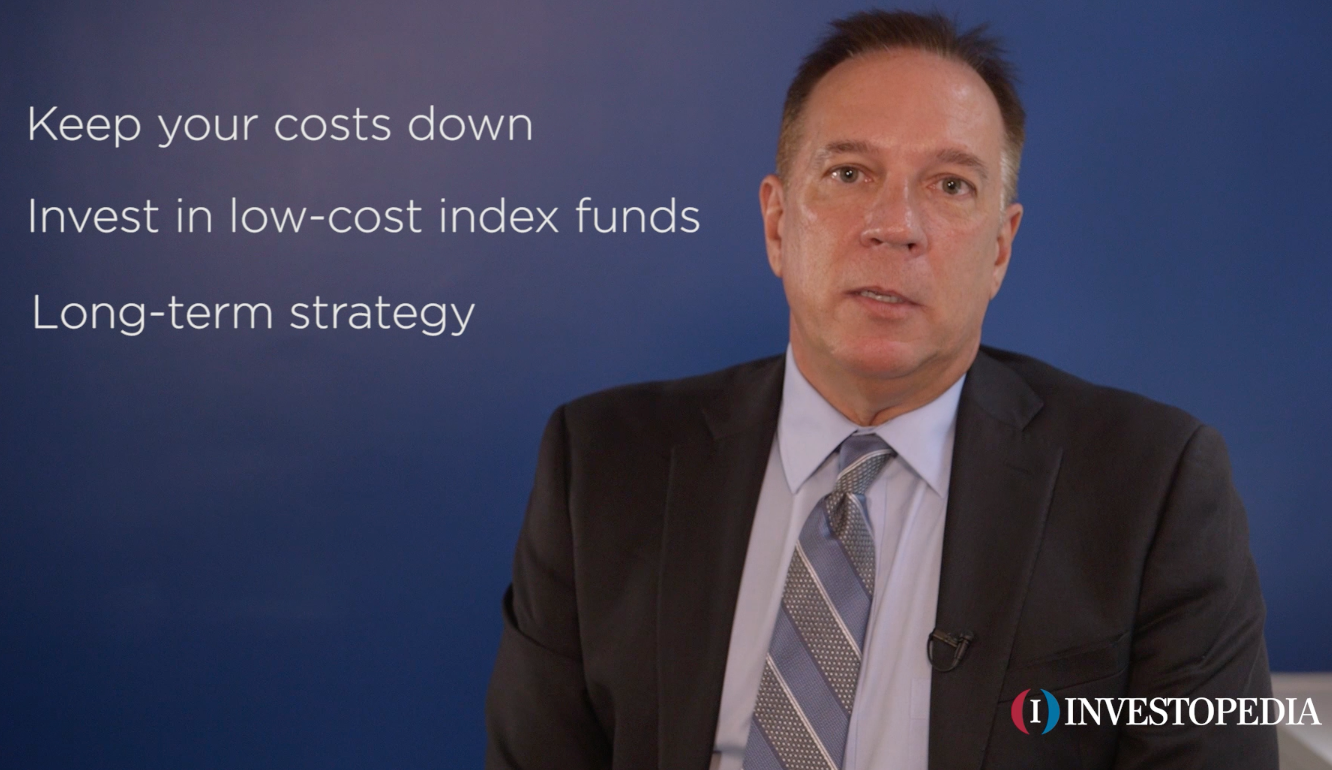A financial analyst researches companies and economic conditions to make business, sector and industry recommendations.Undergrads considering the career should take business, economics, accounting and math courses. Senior analysts are often MBA grads hired right out of business school. If you aren’t a student, you should take the Series 7 and 63 exams, or participate in the CFA program. Duties for buy- and sell-side firm analysts include researching stocks and companies to find candidates. They also track fund portfolio stocks to determine when to buy or sell. Investment bank analysts examine the fundamentals of companies involved in deals, such as IPOs, mergers and acquisitions. Financial analysts vigilantly gather macroeconomic data and information about specific companies. The Wall Street Journal, The Financial Times, The Economist and financial websites provide much of their research. When they’re not traveling to see a company firsthand or attend a conference, financial analysts are in the office accessing spreadsheets, regional databases, statistics and graphics to develop recommendations and forecasts. It usually takes three to five years for a junior analyst to reach the senior level. Senior analysts can become portfolio managers, partners in an investment bank or join senior management with a retail bank or insurance company. They work long hours, cultivate relationships with superiors and mentor others. They must hone people skills and craft impressive presentations. For more information, see Becoming a Financial Analyst.





